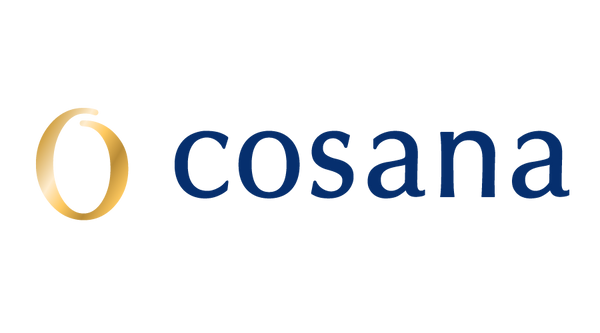Certifications
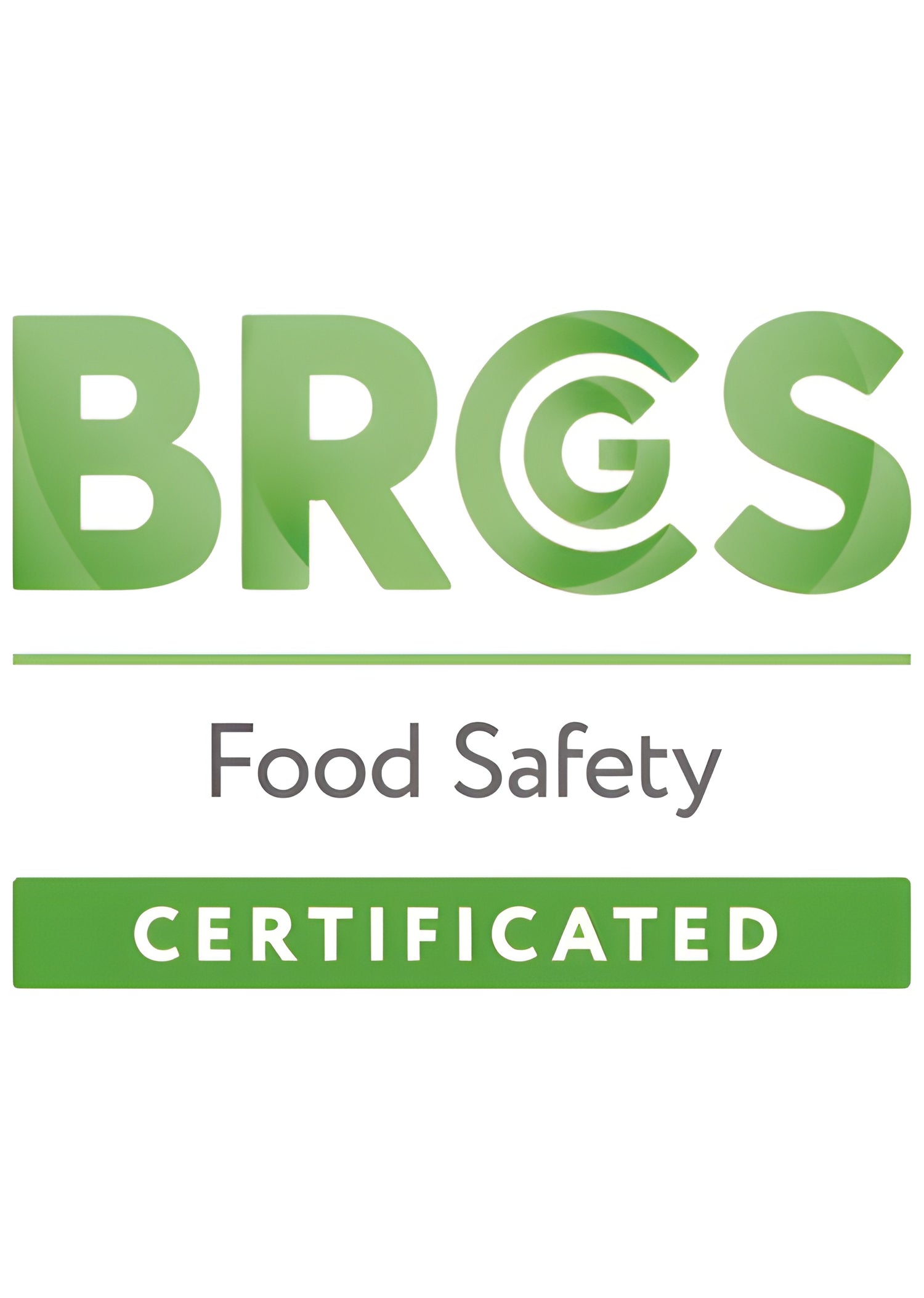
BRCGS
Brand Reputation Compliance Global Standards
BRCGS is a globally recognized certification program for food safety, packaging, storage, and distribution, ensuring manufacturers and suppliers follow legal requirements and best practices. Accreditation involves a comprehensive audit of systems, processes, and facilities. Companies that demonstrate compliance are awarded accreditation, which is recognized by major stakeholders in the food industry, assures product safety and quality, and helps improve supply chain management, risk reduction, and reputation enhancement.
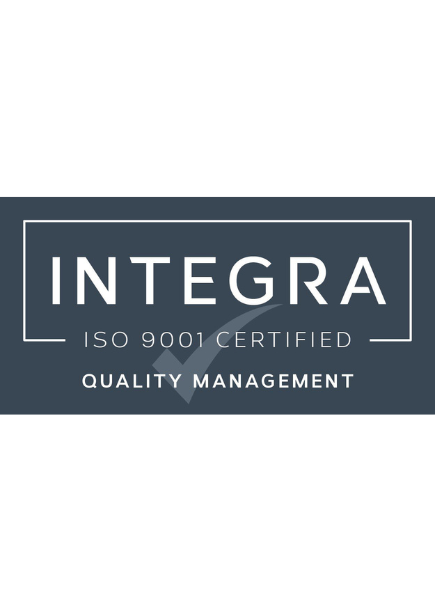
IS0 9001
International Organization for Standardization
ISO 9001 is an international standard for implementing a Quality Management System (QMS), ensuring products and services meet customer and regulatory requirements while continually improving processes. Accreditation involves an independent third-party assessment and demonstrates an organization's commitment to quality and improvement. To achieve accreditation, organizations undergo a rigorous audit by an accredited certification body, evaluating QMS documentation, processes, and procedures. If successful, ISO 9001 accreditation is awarded for three years, subject to annual audits. This accreditation is globally recognized, providing a competitive advantage, and promoting process enhancement for increased efficiency and effectiveness.
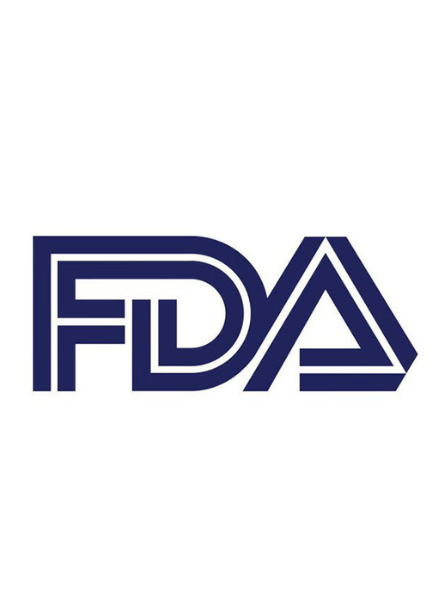
FDA
Food & Drug Administration
FDA accreditation certifies that a facility or organization complies with the U.S. FDA's regulatory standards for producing and distributing medical products. The process involves evaluating operations, quality control, and documentation systems, ensuring safety, efficacy, and quality. Facilities must have well-documented quality systems covering the entire product life cycle. FDA accreditation ensures medical products are safe, effective, and high-quality, boosting consumer confidence and preventing substandard or counterfeit products. Accredited facilities must maintain ongoing compliance and are subject to regular inspections.
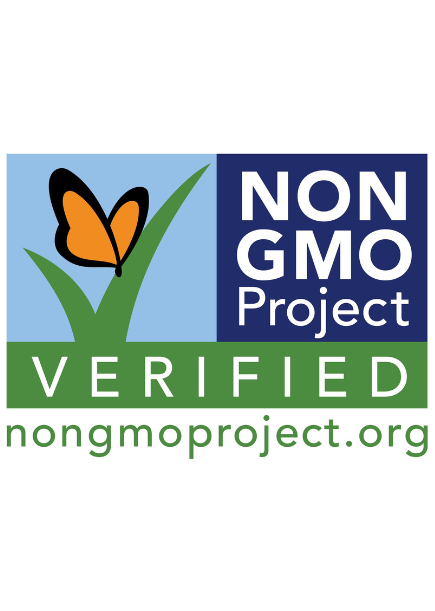
Non GMO
The Non-GMO Project
The Non-GMO accreditation certifies that a product is free from genetically modified organisms (GMOs). The Non-GMO Project, a widely recognized certification program, provides third-party verification for products adhering to rigorous GMO avoidance standards. To become verified, a product must meet strict sourcing, testing, and segregation standards, and pass a comprehensive review process. Successful products receive the Non-GMO Project Verified seal, symbolizing non-GMO integrity. This accreditation assures consumers of GMO-free products, addressing health and environmental concerns, and provides companies a competitive advantage by showcasing their commitment to transparency and consumer safety.
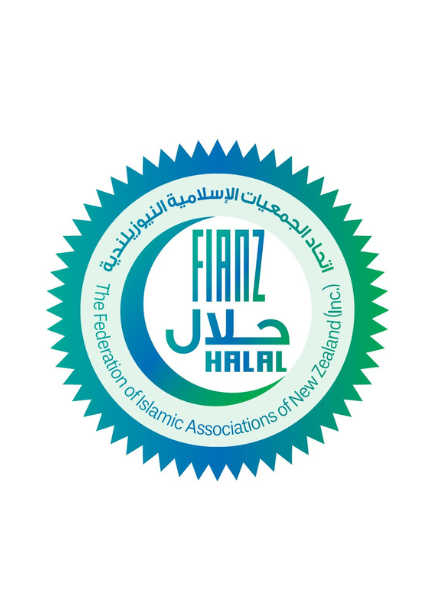
Halal
FIANZ HALAL
The HALAL accreditation certifies that products and services comply with Islamic dietary laws and requirements. To obtain this globally recognized certification, companies undergo a rigorous inspection by an accredited certification body, ensuring standards are met in sourcing, preparation, processing, packaging, and labeling. HALAL accreditation is crucial for businesses targeting Muslim-majority countries or Muslim consumers, providing assurance of compliance with Islamic dietary laws, enabling market expansion, and increasing competitiveness by addressing the growing demand for HALAL products.
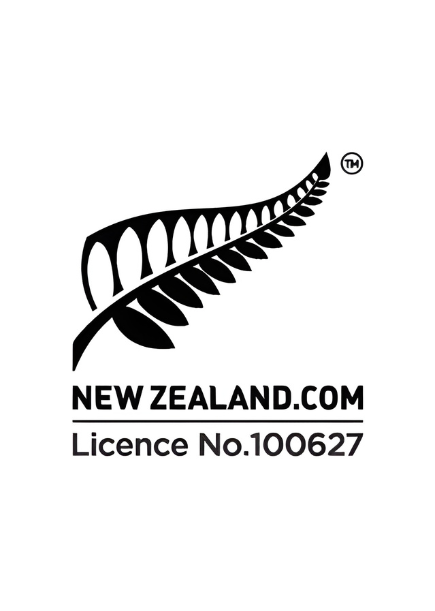
Fernmark
The New Zealand FernMark Licence Programme
The FernMark Licensing System, managed by New Zealand Trade and Enterprise (NZTE), helps promote and safeguard New Zealand's international goods and services. Companies can apply to use the FernMark trademark if they meet specific criteria including being New Zealand-owned, significantly producing in New Zealand, and meeting quality standards. Approved companies sign a licensing agreement, pay an annual fee, and gain FernMark usage rights and NZTE marketing support. This ensures quality, authenticity, and counteracts misuse of the trademark. Overall, the FernMark System is vital to New Zealand's global trade strategy and brand protection.
